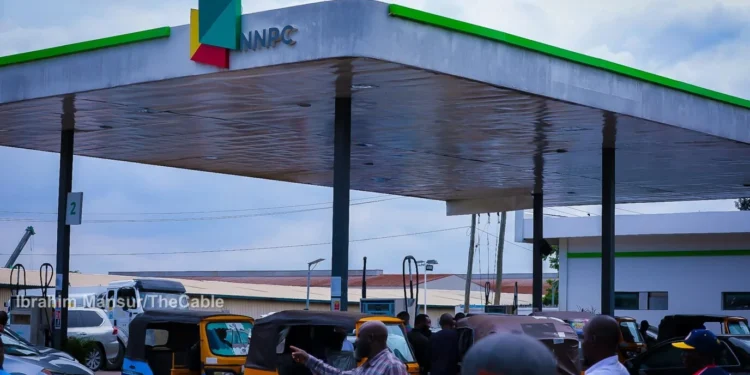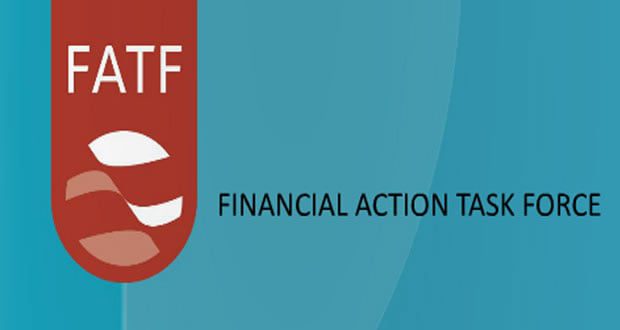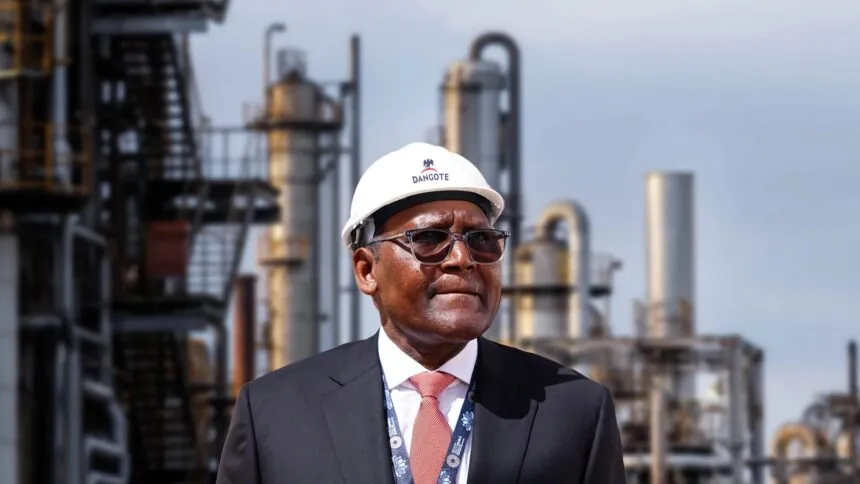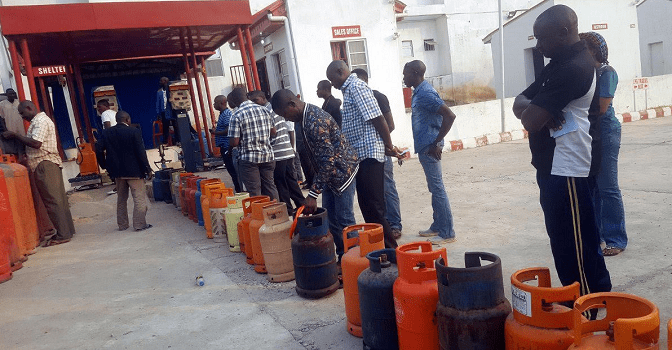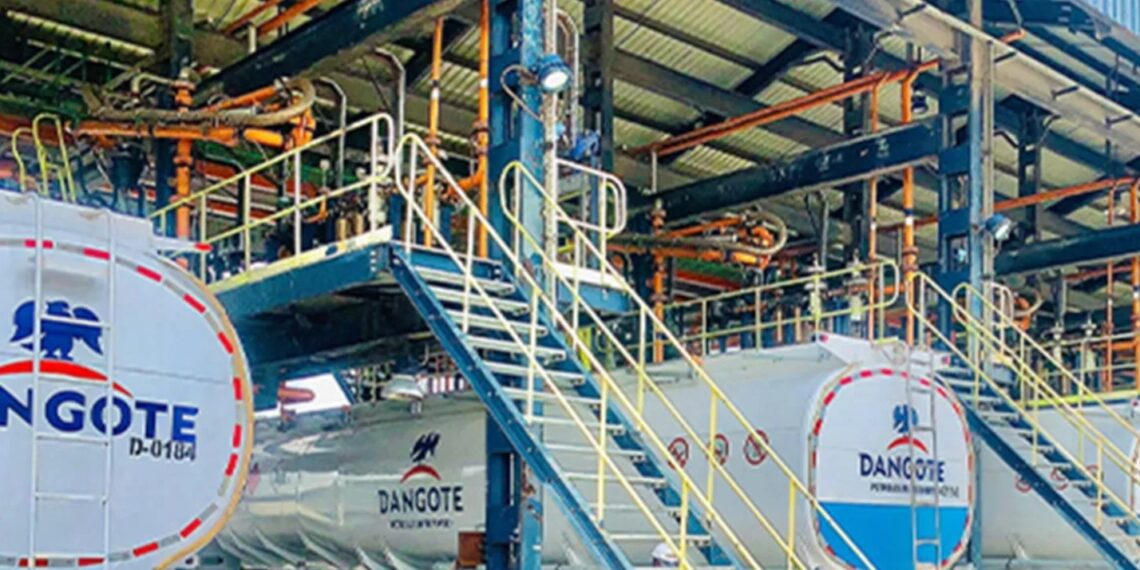The Presidency has clarified the Federal Government’s plan to impose a five percent tax on all fossil fuel sales from January 2026, stating that the Finance Minister will determine the actual implementation date.
Reports have suggested that Nigerians buying petrol could pay an additional ₦45 per litre in 2026 if pump prices remain around ₦900.
This stems from the provision in the 2025 Nigeria Tax Administration Act, which introduces a five percent surcharge on refined petroleum products to encourage a shift toward clean energy.
The surcharge, included in one of four tax reform bills signed into law by President Bola Tinubu on June 26, 2025, was initially slated for implementation in January 2026.
The affected fossil fuel products include petrol, diesel, kerosene, aviation fuel, and Compressed Natural Gas (CNG), all derived from fossil resources such as petroleum, coal, and natural gas.
However, exemptions apply to clean or renewable energy products, household kerosene, cooking gas, and CNG. According to the Federal Government, the Nigeria Tax Administration Act aims to boost non-oil revenue and strengthen fiscal sustainability.
The policy has faced widespread criticism, with the African Democratic Congress (ADC) and Labour Party’s 2023 presidential candidate, Peter Obi, arguing that the tax would deepen the financial hardship of Nigerians already struggling with rising living costs.
Responding to the backlash, Taiwo Oyedele, Chairman of the Presidential Committee on Fiscal Policy and Tax Reforms, clarified that the tax law will not automatically take effect in January 2026 but only when Finance Minister Wale Edun sets a date for implementation.
“There was a law that was enacted way back with a surcharge on fuel under the FEMA act. This is the provision in the new tax law, and it does not take effect as of January 2026. I know some people have been giving wrong information about this,” Oyedele said in a video released by the “State House” on Friday.
He further explained, “What is in the law is that this surcharge will take effect on a date in the future based on an order to be released by the Minister of Finance. We know the Minister of Finance is responsible enough to determine when it is appropriate to do so.”
Oyedele added that revenue from the five percent fuel tax will be earmarked for developing transport infrastructure aimed at reducing logistics costs and easing inflationary pressures on Nigerians.










